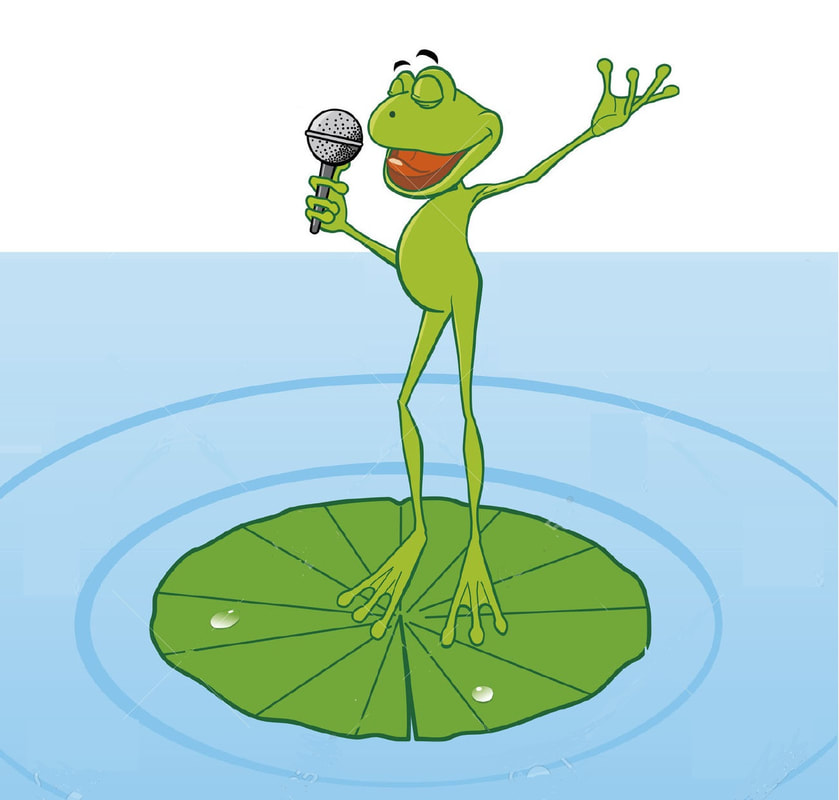Tip 1. Make others feel well-heard. The art of listening is just as important as the art of speaking. If you're doing a question and answer segment in your speech, really pay attention to the questions that are being asked. Don't spend the time trying to formulate your next brilliant sentence but rather listen intently to the speaker's comment or question. By being an attentive listener, you'll come across as more likable, more approachable, and even a better speaker.
Tip 2. Ask questions you genuinely care about or are curious about. This tip is for the questioner, not the questionee. If you have difficulty even standing up to ask a question of the guest speaker, you're not alone. Experts say that it is important to remember to ask questions that truly interest you and don't simply ask a question because you think it will make you look smart...or the person answering look dumb. That's not to say, of course, that the questions can't be both interesting and clever...just be sure that the question is truthful to your interest and engagement.
Tip 3. Practice the technical aspects of your communication. If you're one of the rapid-fire speakers, especially when you get nervous, practice slowing down your speech. Research has shown that visual thinkers tend to talk the fastest. Learn to pay attention to the meter, or pace, of your speech. It is generally good practice to slow down the pace to match the conversation, unless you want to speed up or slow down the pace to improve the overall level of engagement. It's helpful to remember that if you slow down the level of the conversation, you automatically become the focal point. Slowing down can be useful, then, for changing the tone, depth, or direction of the conversation. Experts agree that it's important to lower your pitch, but not to the point where it becomes alarming, jarring, or puts the audience to sleep. It must not become un-natural sounding. if your natural pitch is low, try raising it. This will make you appear more approachable and friendlier. Image puppies, or some other adorable baby critters that make your face break into a big smile. This will help to raise the pitch of your voice.
Tip 4. Reduce filler words. can you even imagine John F. Kennedy saying something like, "Um" or "er" in the middle of a speech? It's inconceivable. Learn to make friends with pauses in the conversation. A few moments of silence shouldn't make you, or the audience, feel uncomfortable. But using too many um's, er's, like's and just's sure will! Reducing The number of filler words you use will suggest that you have a good command of the vocabulary you want to use to best communicate your thoughts and ideas.
Communication is the backbone of our society. When we speak and listen well, we can win over our audience, motivate others, and pass on helpful information. So, whether you need to speak to an audience for your work, or simply talk to your spouse and children, it can pay off big to become a better speaker.
I'm anxious to try out these tips and it just so happens that I have the perfect opportunity coming us; I've been asked to address the Young Writers Club in Land of Lily Pad. I hope I'll be able to inspire other young frogs to become writers. Now please excuse me, I must go practice my speech.

 RSS Feed
RSS Feed